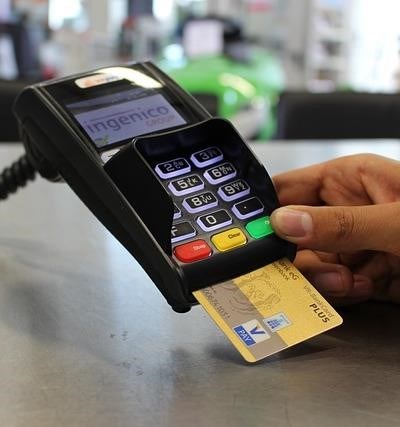
Finding the right credit card can be challenging, especially on a budget. This guide explores options for securing cheap credit cards and affordable credit cards, focusing on minimizing costs and maximizing benefits.
No Annual Fee Credit Cards: A Great Starting Point
Many no annual fee credit cards offer a fantastic way to avoid recurring charges. These free credit cards often come with basic benefits, making them ideal for building credit or managing everyday expenses. Compare offers carefully using a credit card comparison tool to find the best fit for your needs.
Options for Various Credit Situations
Credit Cards for Bad Credit:
If you have a low credit score, a secured credit card might be your best option. These cards require a security deposit, which acts as your credit limit, helping you build a positive credit history. Responsible use can significantly improve your credit score.
Student Credit Cards:
Student credit cards often come with lower credit limits and perks tailored for students. They’re a valuable tool for building credit while managing expenses during education. Always be mindful of credit card interest rates and avoid overspending.
Best Credit Cards for Low Income:
For those with limited income, focusing on budget credit cards with low or no annual fees is crucial. Prioritize cards with manageable interest rates and avoid those with high fees or penalties.
Understanding Credit Card Costs
Key factors influencing credit card costs include credit card interest rates, annual fees, and transaction fees. Lower interest rates save money in the long run. Always read the terms and conditions carefully before applying.
Beyond the Basics: Maximizing Benefits
Even low-cost cards can offer valuable credit card benefits. Look for options that provide credit card rewards, such as cashback or points, although these may be limited on budget-friendly cards. Effective managing credit cards involves paying your balance in full and on time to avoid interest charges and improve your credit score.
Getting Started
Applying for a credit card involves completing a credit card application. Be honest and accurate with your information. Remember, building credit takes time and responsible use is key to improving your credit score.
Consider using a credit card comparison website to find the best fit for your financial situation. Responsible use of even a basic credit card can help you build credit and achieve your financial goals;


Clear, concise, and easy to understand. This article provides valuable information for anyone looking for a credit card, regardless of their financial situation. The tips on maximizing benefits are also appreciated.
The advice on secured credit cards for those with bad credit is excellent. Many people don’t know about this option, and it’s a great way to rebuild credit responsibly.
I appreciate the emphasis on understanding credit card costs and the importance of reading the terms and conditions. This is often overlooked, but crucial for responsible credit card use.
This is a very helpful and informative guide to choosing a credit card, especially for those on a budget. The breakdown of options based on credit score and income is particularly useful.